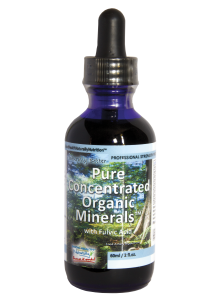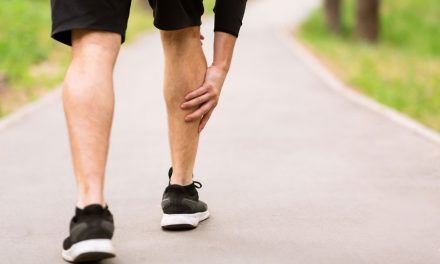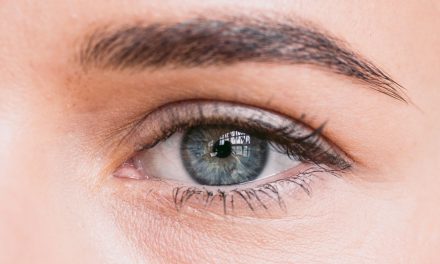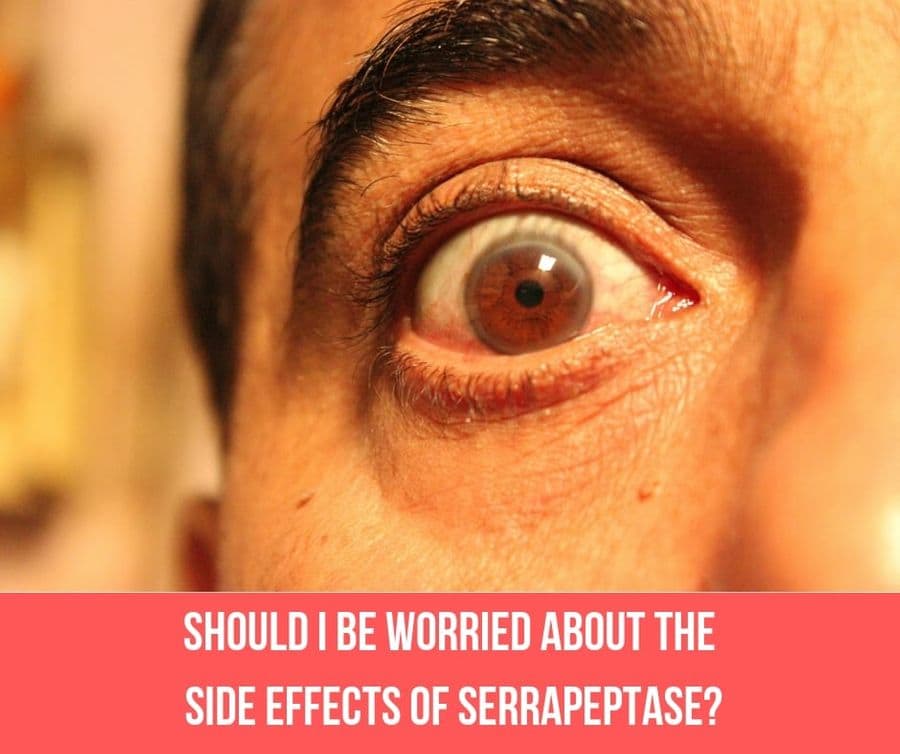A new Canadian study “Human Excretion of Polybrominated Diphenyl Ether Flame Retardants: Blood, Urine, and Sweat Study,” has confirmed that induced sweating helps the body to remove polybrominated diphenyl ethers (PBDEs), a man made group of flame retardant chemicals.
Three of the main ways that humans are exposed to PBDEs are through diet (especially the eating of meat), breast milk and fetal exposure, along with indoor air and dust. While the PBDEs are banned under a number of jurisdictions, including the European Union, they are also relatively unregulated in the United States.
The study also found and identified three mechanisms of harm including hormone dysregulation (thyroid disorders), cellular disruption (DNA damage) and neurotoxicity (this is associated with plaque formation in the brain).
The Canadian study looked at nine males and 11 females with an average age of 44.5+ 14.4 years and 45.6 + 10.3 years, respectively, who were recruited to participate in the study. Each participant provided informed consent and then voluntarily gave 200ml sample of blood, one sample of urine first thing in the morning and one 100ml sweat sample.
The focus of the study was to eliminate the five common PBDE congeners (28, 47, 99, 100, and 153) in the three body fluids: blood, urine, and perspiration. Results from the study were as follows…
“PBDE congeners were not found in urine samples; findings focus on blood and perspiration. 80% of participants tested positive in one or more body fluids for PBDE 28, 100% for PBDE 47, 95% for PBDE 99, and 90% for PBDE 100 and PBDE 153. Induced perspiration facilitated excretion of the five congeners, with different rates of excretion for different congeners.”
The urine samples came up clean. This indicates that blood and sweat are more accurate as biomarkers for PBDE exposure. The researchers also concluded… “[G]iven the relative absence of studies exploring PBDE elimination or clinical detoxification in humans, as well as the scientific consensus about the negative impact of PBDEs on human health, this study provides important baseline evidence suggesting that regular sessions of induced perspiration may facilitate the therapeutic elimination of PBDEs.”
This study highlights the importance and value of sweating. Modern life is filled with many toxins and sweating where it’s convenient or available to you can have many unexpected health benefits. Using an infrared sauna or taking diaphoretic herbs that induce sweat such as ginger are also excellent ways to reduce toxins. While ginger won’t induce sweating alone, it works excellent when combined with exercise.
Sweating As Part Of A Healthy Lifestyle
If you want to get healthy, doing an exercise you love – even if it’s just 10 or 20 minutes of intensity that raises your heart beat and gets you breaking into a gentle sweat is recommended. For people who struggle to exercise; yoga, pilates, walking, tai chi, or rebounding on a mini trampoline are all good ways to raise the lymphatic system and removing toxins from the body.
Staying hydrated while you exercise is essential as this ensures your body is working at its optimum. Consider adding the following minerals to your water, to ensure you replenish any minerals that may be lost during sweating and the detox process…
Recommended Examples
 Pure Concentrated Organic Minerals – This is a combination of fulvic acid and mineral complexes that can provide better energy, give you a more restful sleep, clearer mind and enhanced brain function. Take in a glass of water over the day to replace minerals lost and help to support the detox.
Pure Concentrated Organic Minerals – This is a combination of fulvic acid and mineral complexes that can provide better energy, give you a more restful sleep, clearer mind and enhanced brain function. Take in a glass of water over the day to replace minerals lost and help to support the detox.
 Nascent Iodine – Nascent Iodine helps to support the detoxification process. Highly recommended to take alongside the organic minerals.
Nascent Iodine – Nascent Iodine helps to support the detoxification process. Highly recommended to take alongside the organic minerals.
Ionic Selenium – Take with the Nascent Iodine for best results. Selenium is important for making many body processes work correctly, and appears to increase antioxidant action.






